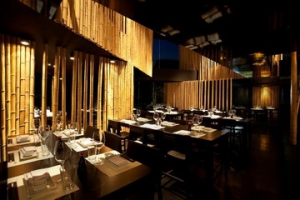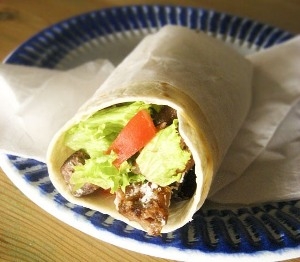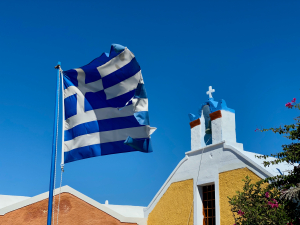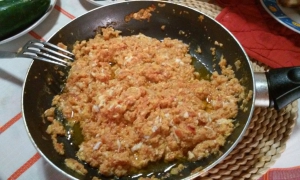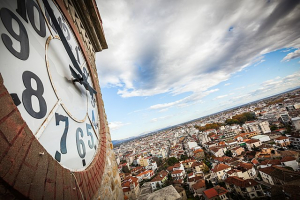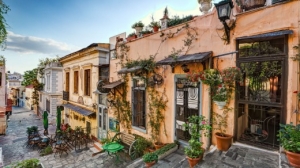Introduction
Paul Cartledge, a renowned Greek classicist, has authored significant works on Alexander the Great, democracy, Thebes, and Sparta. He is a frequent contributor to BBC programs and the radio show "In Our Time." As the A. G. Leventis Professor of Greek Culture at the University of Cambridge, Cartledge has received numerous accolades, including prestigious awards from the city of Sparta. In a recent interview, Cartledge delves into the essence of the Olympic spirit and its reflection on the competitive nature of Greek city-states and human achievement. The below conversation illuminates the historical context and enduring legacy of the ancient Games, offering insights into the cultural and social dynamics that shaped one of history's most celebrated sporting events.
The Competitive Spirit of Greek City-States
What do the Olympics say about the competitive spirit of Greek city-states and about human achievement in general?
It’s important to be clear that, although Greek city-states went to a lot of trouble and expense to encourage and reward athletes from their home communities, competitors entered themselves as individuals and ran, boxed or whatever on their own account, not as ‘citizen of, say, Thebes’. The Games were administered by officials from the nearby city of Elis, 11 in number, who decided whether or not a potential competitor was fit enough to compete. There were indeed some ‘working class’ competitors, but, since achieving the high level of competence required to compete adequately demanded leisure and resources, most competitors came from the upper social orders. The spirit in which they competed was called in Greek agônia, competitiveness, from which English derives its word ‘agony’. Enough said. Any religious festival which included a contest could be called an agôn, which meant struggle, competition. Silver coins were struck bearing a symbolic emblem representing Agôn. The spirit in which ancient Greeks competed at the Olympics (and any other of the 50 or so Games being held in the Greek world in any one year) was extremely agonistic – and agonizing. Since only men could compete in person in any Olympic event (women might compete only indirectly, as owners of horses, mules or chariot-teams), other terms used for the ‘virtue’ displayed by successful athletes meant literally ‘manliness’ or ‘manly virtue’: aretê, andreia, andragathia.
The Importance of Winning
How important was winning?
Was there one winner, or a few top ones? Winning was not the main thing: it was the only thing. No silver or bronze medals at the ancient Olympics. On the other hand, there was no equivalent of a gold medal on offer, either (let alone the bounty now being ladled out): the winning was considered to be by itself glory enough, a token of divine favour, so the only prize on offer was a symbolic wreath made of leaves of sacred olive trees growing at Olympia.
Famous Competitors & Their Awards
Who were the most famous competitors? What were the awards?
Let’s start at the beginning. The first stade winner in 776 BCE was one Coroebus/Koroibos, a local boy from Elis. Ever after, the winner of that particular race gave his name to the Olympics as a whole, so that Olympiad 1 was ‘the Olympiad of Coroebus/Koroibos’. Even more famous, though, or notorious was the winner of the 15 th Olympiad in 720, Orsippus from Megara, just across the Isthmus of Corinth that divides the Peloponnese from central mainland Greece. His claim to – dubious - fame was that by the time he ended his 200-metre dash he was more lightly clad than when he’d started, having somehow ‘lost’ or shed whatever loincloth type thing he’d been wearing at the starting grid. That story’s highly dubious as a matter of fact, since it was invented to explain why runners ran stark naked, and that had almost certainly been the case from the word go, as it was universally the case for all athletic sports at Olympia later on.
Milon of Croton was a wrestler, peerless in a sport that the Greeks prized above all others except the stade race. He opened his Olympic account by winning the Boys’ event, then proceeded to win five adult wreaths in a row, in the 62 nd through 66 th Olympiads. Unsurprisingly for such a supreme athlete (cf. Muhammad Ali), Milon attracted a host of legendary stories in life, such as that he was capable of carrying a four-year-old cow the length of the Olympic stadium, but also in death: allegedly in trying to split a tree trunk with his bare hands he got them inextricably caught and thus became fodder for a wild animal.
Diagoras of Ialysus on the island of Rhodes, winner of the boxing at Olympia in 464 BCE, was commemorated not only by a statue at Olympia but also by an epinician (victory) ode composed by Pindar of Thebes (no 7 in his collection of Olympian Odes). Pindar was not one to belittle his own contribution to the fame of those whose victories he celebrated, but here he was comparatively restrained, and persuasively placed Diagoras’s victory under the sign of Charis, the goddess of Grace. Diagoras sired a veritable dynasty of successful athletes, and a daughter, Callipateira, whose impromptu self-exposure we have noted elsewhere.
Leonidas of Taras/Tarentum (modern Taranto in the instep of Italy) was – before Michael Phelps – the holder of the greatest tally of Olympic wreaths of all time, a round dozen won at four successive Olympiads between 164 and 152 BCE. He was a runner supreme, winning not only the stade and the two-stade (diaulos) races but also the race-in-armour (hoplitodromos). And since the Olympics programme was so compressed, he had to win all three on the same day – which he did, four times over.
I have left to the last Theogones or Theagenes from the island of Thasos. He was a boxer, but he was also a pancratiast and – the reason for climaxing with him – a periodonikês or ‘Circuit-winner’. See next answer for the nature of the Circuit. And besides wins at these most prestigious Circuit games he was reputed to have won altogether over 1300 prizes. It helped him achieve that feat that by the 5 th century there were in all a total of 50 or so games being staged per annum all over the Greek world.
Richard Marranca is an author who teaches ancient world, myth, and religion at Montclair State University. He writes for various print and digital publications, and his upcoming book, "Speaking of the Dead: Mummies & Mysteries of Egypt," will be published by Blydyn Square Books. Richard has had the honor of receiving a Fulbright to teach at LMU Munich and spent a semester in Athens during his doctoral studies at New York University. In his career, Richard has had the privilege of interviewing esteemed classicist Paul Cartledge on topics ranging from Alexander the Great to Greek philosophy.





